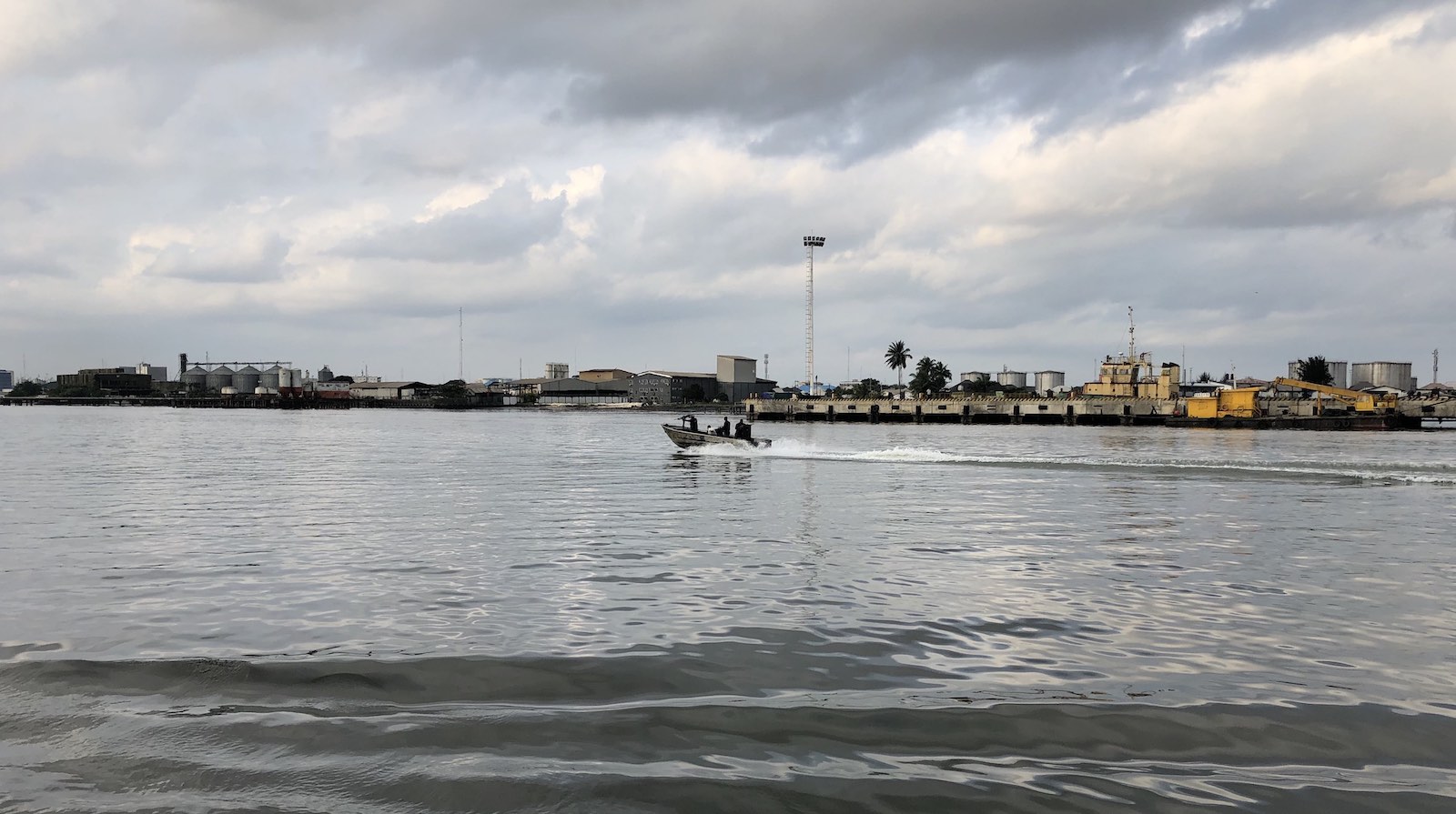Gulf of Guinea piracy in 2020: five important aspects

A quick look at recent headlines suggests that Gulf of Guinea piracy in 2020 has become even worse than in previous years. This interpretation, however, is largely based on events in November and December. While there are indeed concerning trends, it is important to note that the overall situation has not deteriorated.
There are even reasons for optimism, at least in the medium to long term. However, these are unlikely to be highlighted in the coming weeks. Similar to January 2020, there will be many reports about high numbers of kidnapped seafarers. Crew members on merchant vessels operating off West and Central Africa certainly have reasons to be concerned. At the same time, a thorough analysis of incidents is key to provide realistic threat assessments.
Here are five important aspects that even a relatively superficial analysis of Gulf of Guinea piracy in 2020 should highlight.
More reported attacks do not mean more actual attacks: The number of piracy cases reported to agencies such as the IMB’s Piracy Reporting Centre seems to be increasing. However, IMB representatives themselves have highlighted for a long time that under-reporting has been a significant issue in the past.
This seems to have been addressed to some degree, largely due to more awareness within the shipping industry and to better cooperation between navies across West and Central Africa. An increase in the number of attacks that can be seen in databases which are free to access is therefore not the same as an increase in the actual number of cases. However, such databases are widely quoted in media reports or academic papers because they are easily available, leading to a distorted picture of the situation.
Not every ‘pirate attack’ has a random target: Individual incidents that are reported as ‘piracy’ have to be analysed carefully. For example, attacks against small cargo ships trading solely in the Gulf of Guinea or against fishing vessels have been relatively frequent in 2020. Such cases underline an overall lack of maritime security. At the same time, they are often linked to other illicit activities such as smuggling or illegal fishing. These incidents are therefore very different from attacks against merchant vessels in international trade that are targeted at random.
The same is true for attacks against product tankers in the region. Many of these vessels have a history of operating without the Automatic Identification System (AIS). Virtually all countries in West and Central Africa rely on AIS data to track vessels at sea. Switching off the AIS signal therefore allows for illegal or unauthorised operations at sea. It should be noted that merely turning off the AIS is no proof for involvement in illegal activities, yet it raises red flags in a region where fuel smuggling and related activities are widespread. Unfortunately, investigations by local authorities are generally complicated by a lack of transparency from shipping companies, charterers and crew members.
Simple hostage counts are too superficial: Many reports and articles in the coming weeks will focus on the number of crew members who were kidnapped at sea in 2020. The reported number of hostages has indeed increased, compared with previous years. However, such hostage counts now include many incidents that are based on criminal disputes rather than primarily aimed at taking hostages for the sole reason of collecting a ransom.
Comparing figures for 2020 with those for previous years therefore risks comparing apples with oranges. There is no question that every attack is one too many and seafarers should not be concerned about being targeted while simply doing their jobs. At the same time, it must be noted that less than half of all kidnappings of crew members involve merchant ships in international trade that are targeted at random. Alarming headlines about Gulf of Guinea piracy in 2020 should be read in this context.
Attacks are spreading – but only to a certain degree: One concerning trend in 2020 has been the spread of attacks over an increasingly large area. The average distance from the Niger Delta has increased from around 100 nautical miles for most of 2019 to around 150 nautical miles in 2020.
Contrary to many reports, however, this is not a completely new development. Nigeria-based groups have operated throughout the Gulf of Guinea in the past. Since 2016, however, kidnap-for-ransom attacks had been clustered relatively close to the Nigerian coastline. There are different reasons for the spread in 2020, yet high-profile attacks are exclusively carried out by criminal groups based in the Niger Delta. The distance to Nigeria therefore remains a mitigating factor, even though the situation should be monitored closely.
Piracy cannot be addressed in isolation: Frequent warnings about ‘pirate groups’ notwithstanding, attacks against merchant ships in the Gulf of Guinea are directly connected to criminality on land. Kidnappings of seafarers, for example, would not be possible without hostage camps in the Niger Delta. This infrastructure, in turn, is available because kidnappings have been a major security threat throughout Nigeria for many years.
Moreover, no criminal group solely concentrates on attacks against merchant ships in the Gulf of Guinea. These attacks may yield significant profits, yet they are not enough to finance ongoing operations. Even when perpetrators are arrested and put on trial, the overall situation will not change until organised criminal groups behind these foot soldiers are targeted.
Overall, it should be obvious that maritime security challenges in West and Central Africa have to be addressed on a broad scale rather than with a mere focus on counter-piracy operations. Unfortunately, activities such as those currently planned at the EU level are likely to do just that. Naval vessels from EU members are unlikely to operate in the Gulf of Guinea with a mandate to combat smuggling or illegal fishing. Trawlers from some EU countries are even involved in the latter.
Longer-term improvements of the current situation are possible, highlighted by the implementation of the Deep Blue project in Nigeria. Any progress, however, will take time and problems which have developed over decades cannot be tackled within just a few months.

